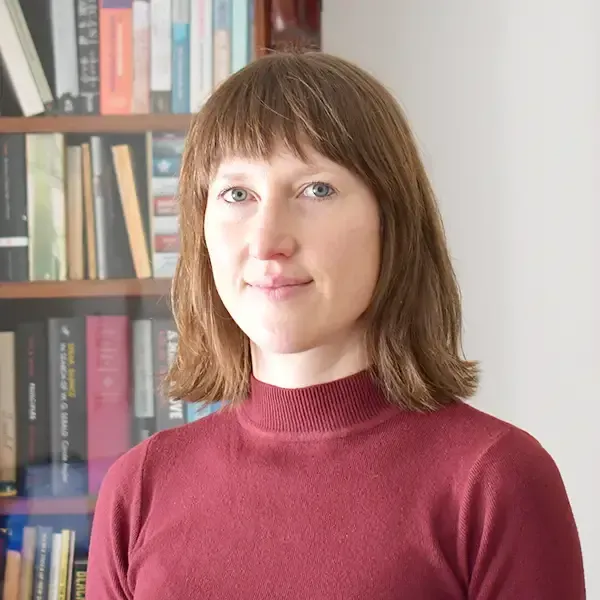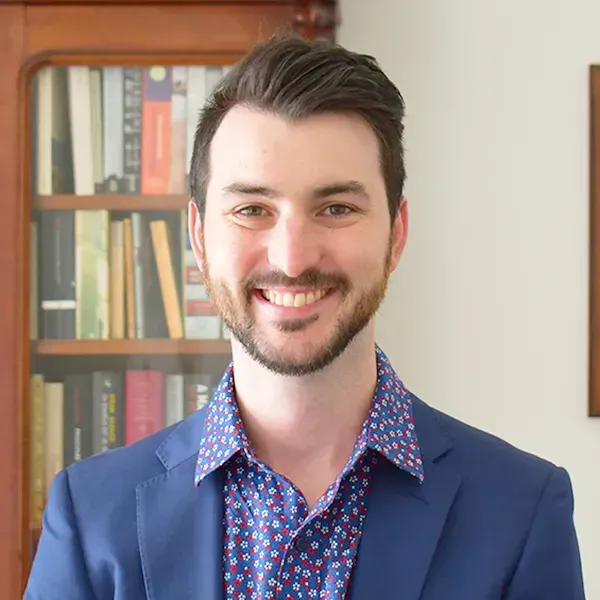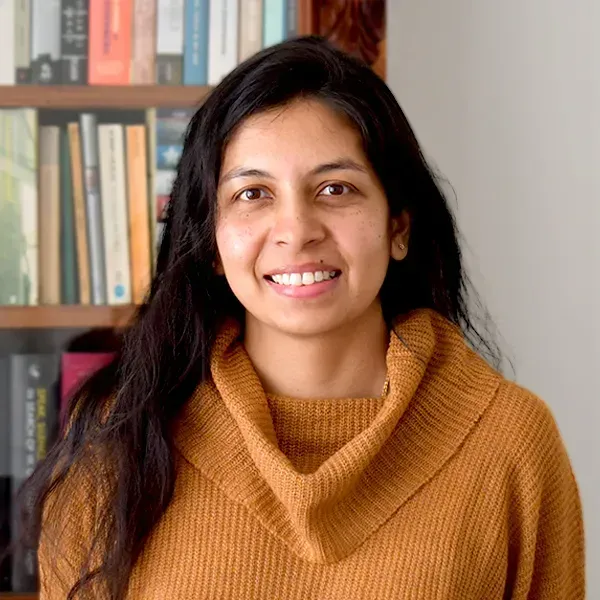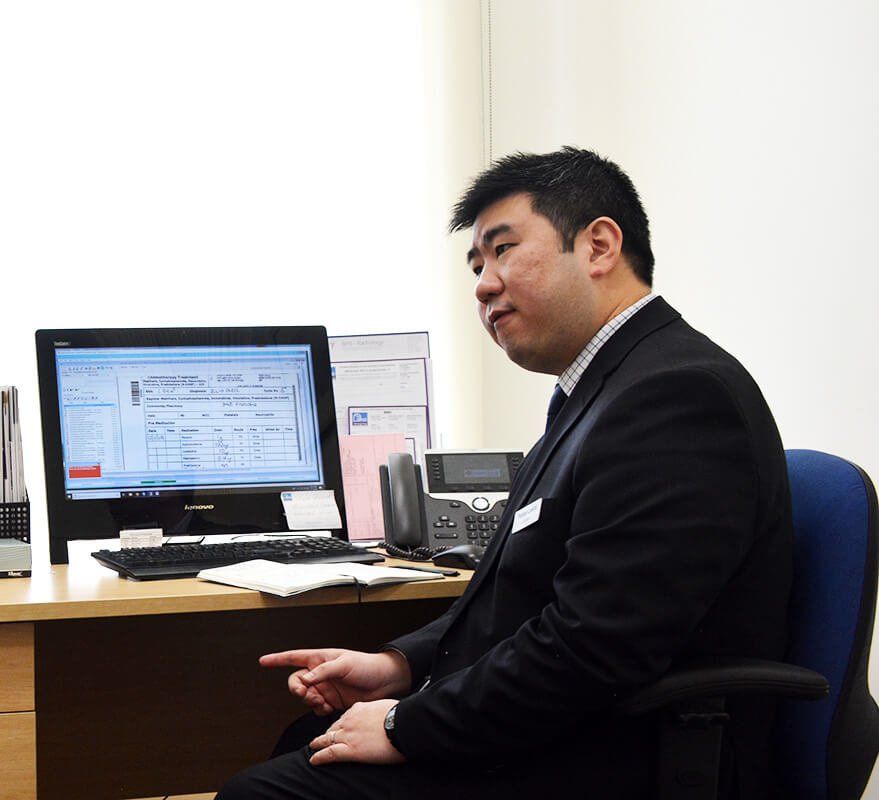Personalising Cancer Care
April 26, 2020
The treatment of cancer has changed significantly over the last 10 years. While cancer has traditionally been treated with surgery, chemotherapy and radiation, the modern oncologist has many additional therapy options available. While chemotherapy remains the best option for many patients, increasingly drug therapies that attack specific molecular targets in the cancer are being used to stop tumour growth. The challenge is that not all types of cancer can be treated with this type of therapy, and working out the correct treatment for each individual is extremely important.
Cancer is caused by abnormal changes within the DNA of its cells which result in uncontrolled tumour growth. These DNA changes are known as mutations and they result in molecular targets on the surface of the cell. While mutations can be inherited, most cancers are caused by new mistakes in the DNA that build up over a lifetime leading to uncontrolled tumour growth. This approach to the investigation and treatment of cancer is a new field of medicine, and progress in occurring rapidly. Understanding if a cancer has a particular mutation may help determine suitable treatment options that have been shown to work on other cancers caused by that faulty gene. This is done by testing the DNA from within a tissue sample taken from the cancer.
Until recently, testing cancer tissue relied on laborious, and necessarily limited, one-gene-at-a-time approaches. My research, as part of a team from Peter MacCallum Cancer Centre and Melbourne Genomics looked at the use of massively-parallel-genomics-sequencing to examine 350 different molecular targets at the same time.
For each individual tumour, we created a molecular profile, which reveals the unique characteristics of that individual’s cancer at the molecular level, providing their oncologist with knowledge about which treatments were most likely to produce the best results. Over 350 people had a molecular profile created, 25% of these patients came from regional centres and most did not have to travel into Melbourne for testing. Each tumour profile was analysed, then evidence-guided cancer treatment options were discussed by a tumour-board of oncologists, molecular scientist, geneticists and pathologists. In 63% of the people who had successful tests, we were able to identify a mutation that was influencing the cancers growth. Promisingly, in 17% the information about this mutation was used to personalise a change in the patient’s therapy, including new treatments that had previously not been considered in their case.
If you have any questions regarding genomics sequencing or personalising cancer therapy, please contact Ballarat Cancer Care and Haematology.
Dr Kortnye Smith
Medical Oncologist
MBBS, FRACP

The Australian Technical Advisory Group on Immunisation (ATAGI) has approved a fourth dose of a COVID-19 vaccine for people with weakened immune systems.
People aged 18 years or older with weakened immune system who received a 3-dose primary course of the COVID-19 vaccine are now recommended to receive the fourth dose ≥ 3 months after their third dose. This is expected to improve protection against symptomatic infection, serious illness, or death from COVID-19 infection.
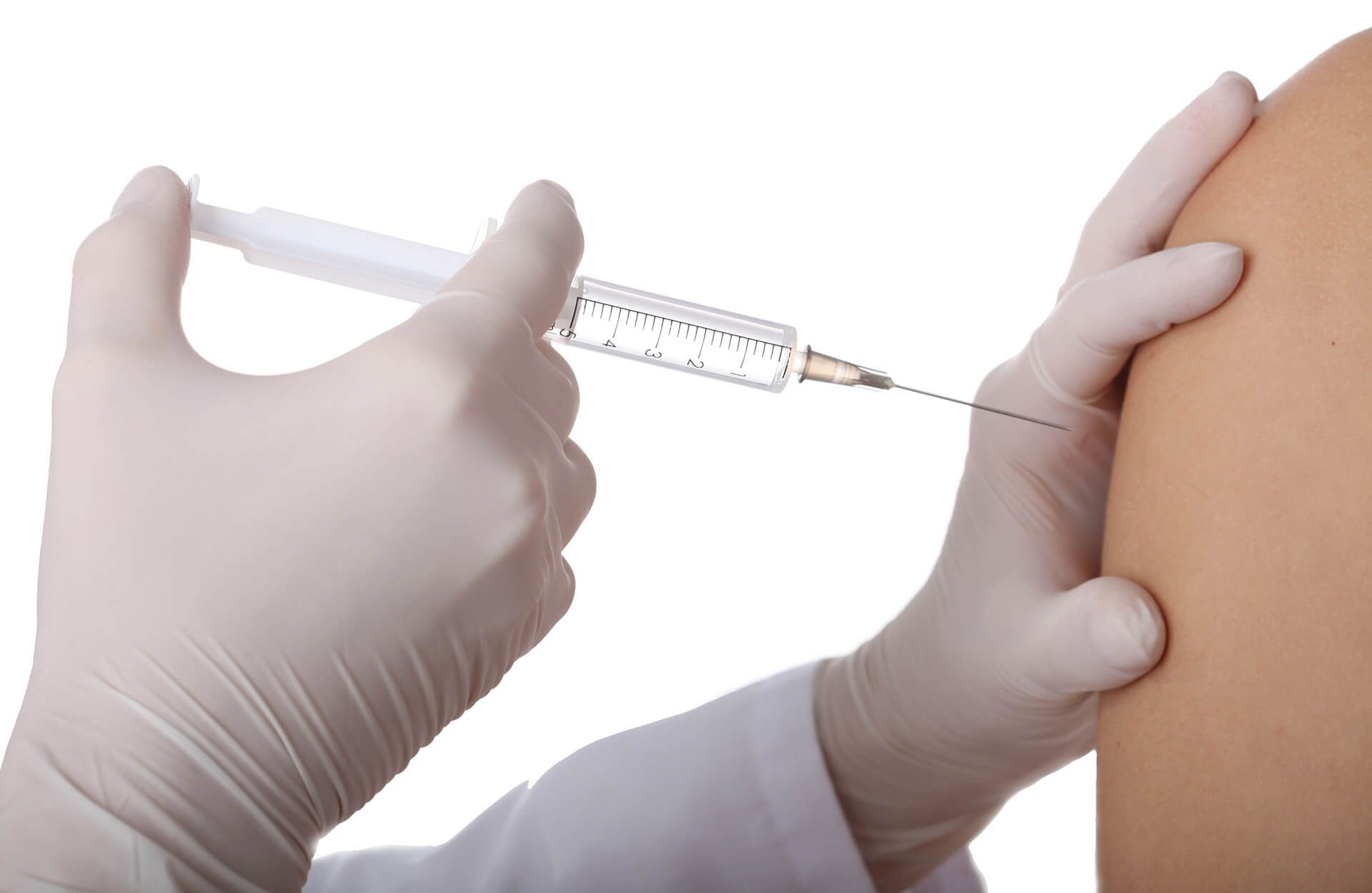
The Government and the Medical advisory group (ATAGI) have release new recommendations last week for individuals who are severely immunocompromised in regards to the COVID-19 vaccine. These recommendations will affect some (but not all) of our patients. As always, we are happy to discuss any of the recommendations further with all of our patients.
